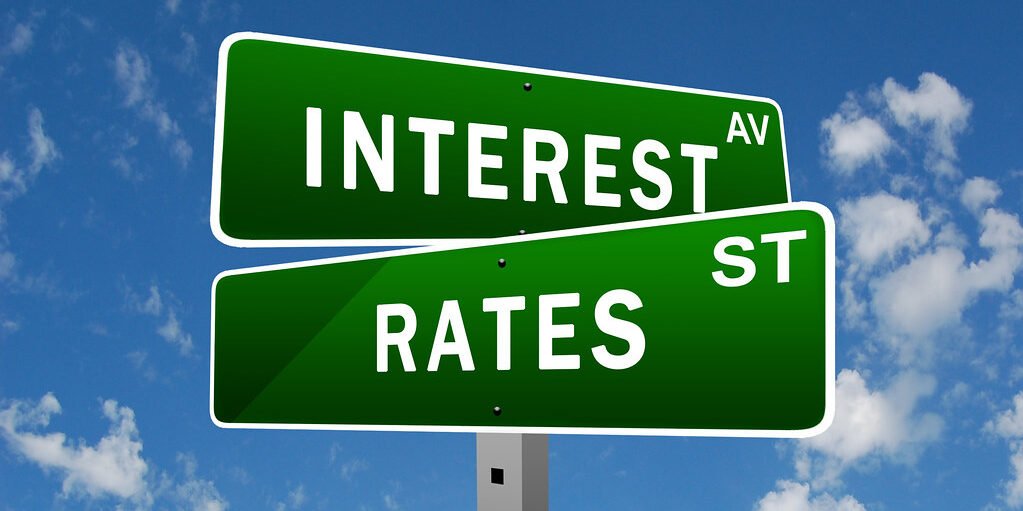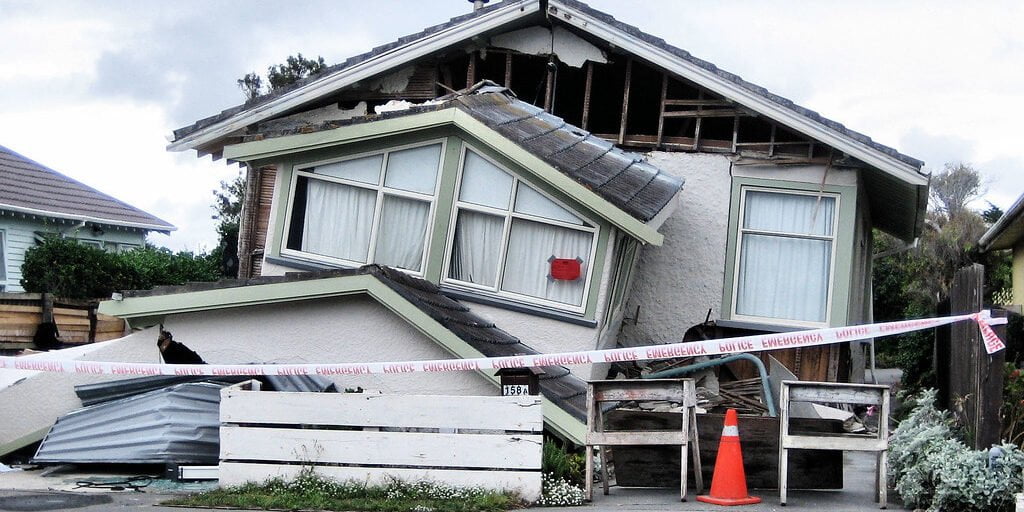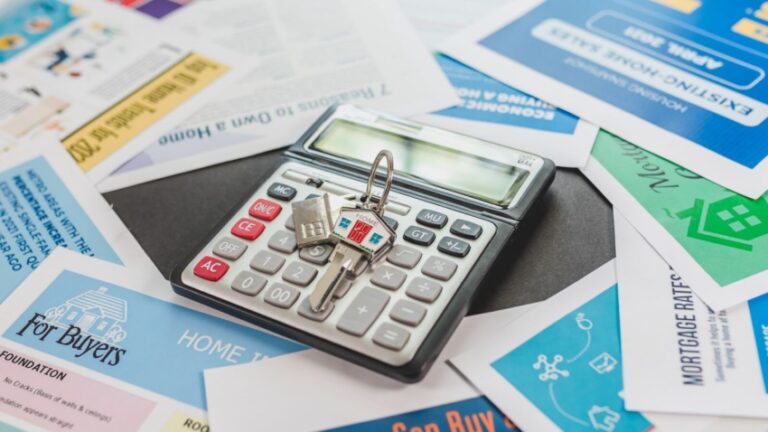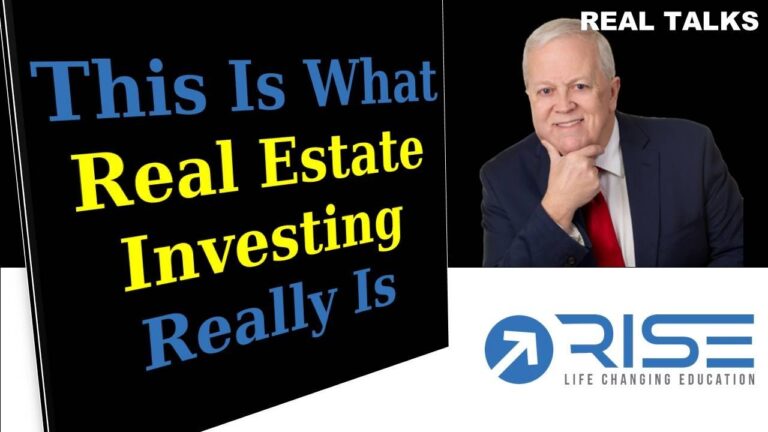
When buying real estate, real estate investors tend to make the same mistakes. The following are 3 things that real estate investors need to understand when buying real estate.
1. Price When Buying Real Estate

I hear it all the time from people that they want the best price or want to negotiate the best price when buying real estate. To me, price doesn’t really matter. What you really need to be looking for when you are doing an evaluation to be able to purchase a property, is the cash flow. Do the numbers make sense?
What that means is that you want to look at all the expenses: Mortgages, cost of insurance, taxes, maintenance, and property management. All the costs that are associated with owning a rental.
Now you want to look at the rental income. How much rental income are you getting for the properties?
Let’s say you look at a property that is listed at $400,000.00 and now let’s say you have a similar property in a different neighborhood listed at $350,000.00. They are both 4-plexes and both have similar structures and the only difference is the location. I’m sure you have heard the saying that Real Estate is location, location, location … and that is definitely a factor.
For the property that is listed at $400.000.00, maybe the rents are higher and obviously, there are more costs and expenses associated with it because it is a higher-priced property. Therefore the mortgage on that property would be more expensive to service.
Or it could be that it’s a new property and that could be why it’s more expensive.
Whereas the $350,000.00 property you might think you are getting a deal because it’s the same type of property. it’s a 4-plex and the rents might even be close, but if the expenses are higher then the net cash flow is going to be less.
So the thing to look for when evaluating a property is cash flow. not the price. When I say cash flow I am also talking about long-term expenses.
If that $400,000.00 property was 10 years old and that $350,000.00 home was 50 years old there would be a lot more costs associated with the $350,000.00 property over the long run, so don’t just look at the price.
2. Mortgage Interest Rate

People think that in order for them to buy a property they need/want the lowest mortgage interest rate when buying real estate.
I hear it all the time. Let’s say I can get them a mortgage for 4%, they will say “Oh no that is too expensive I heard of a guy who can get it for 3.97.” Sure you can shop those prices around and save your 0 .03%.
What is important when you are trying to get financing is you want to go to someone who you trust and who knows what they are doing. Also, the cost of money is not as important as the availability of money.
What that means is you may think your interest rate on that loan is so high because it’s 4% and you were really looking for 2.5% but you take that 4%.
I have one property at 11% on a first mortgage and that thing cash flows like crazy. But it was a deal because the owner took back a 100% loan and I was really happy to pay that 11% because I make about $400.00 a door on that property and it’s a duplex.
So again, the second thing to look at when evaluating a property is don’t get caught up in the interest rate of the loans that you are looking at.
3. Tenants

Now it’s time to look at your tenants.
A lot of investors get worried and scared when they will start running into vacancies when buying real estate for the first time.
They start interviewing tenants and they get scared that they will be carrying the property so they start to ease up on the requirements used to qualify a tenant.
The worst thing you can do is ease up on your tenant’s qualifications.
I have had properties that took me 3-6 months to get rid of a tenant.
An empty unit is much better than a unit with a bad tenant.
That is a very important statement.
Don’t get so hung up on negative cash flow that you end up putting someone in there who just ends up being a big headache.
On the surface sure, it may look good because you are cash-flowing because you have that tenant. However, what if they are in there destroying the place and they are in there for 2 or 3 months and they stop paying?
Do your due diligence on your tenant. Make sure that you have a good tenant in there that is paying and that has a good credit history or at least good rental history.
Do your evaluation properly so you don’t give up your unit to a bad tenant that, in the end, will cost you more money in the long run.






